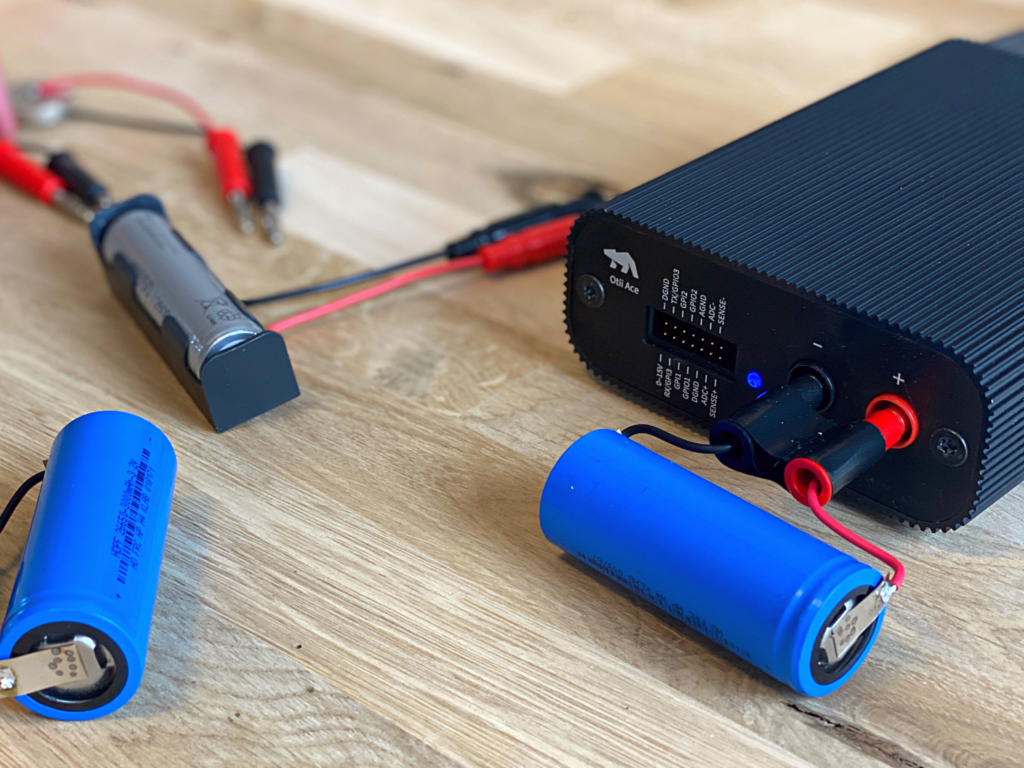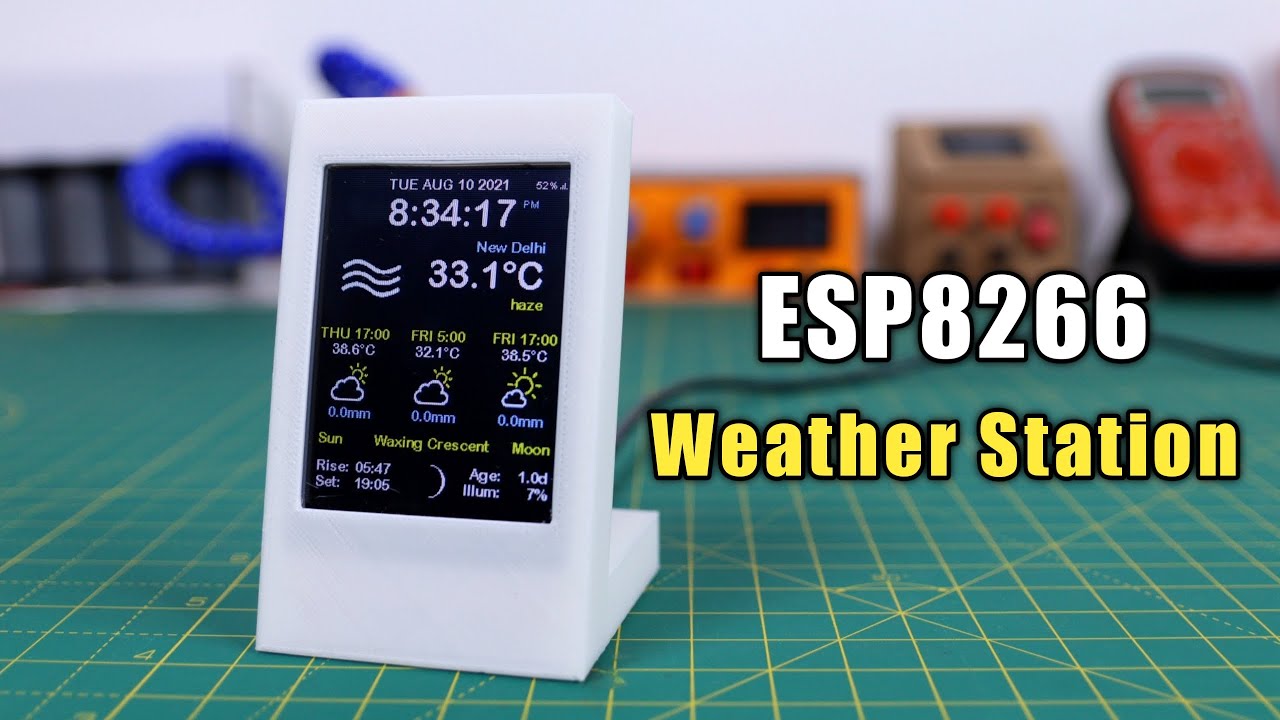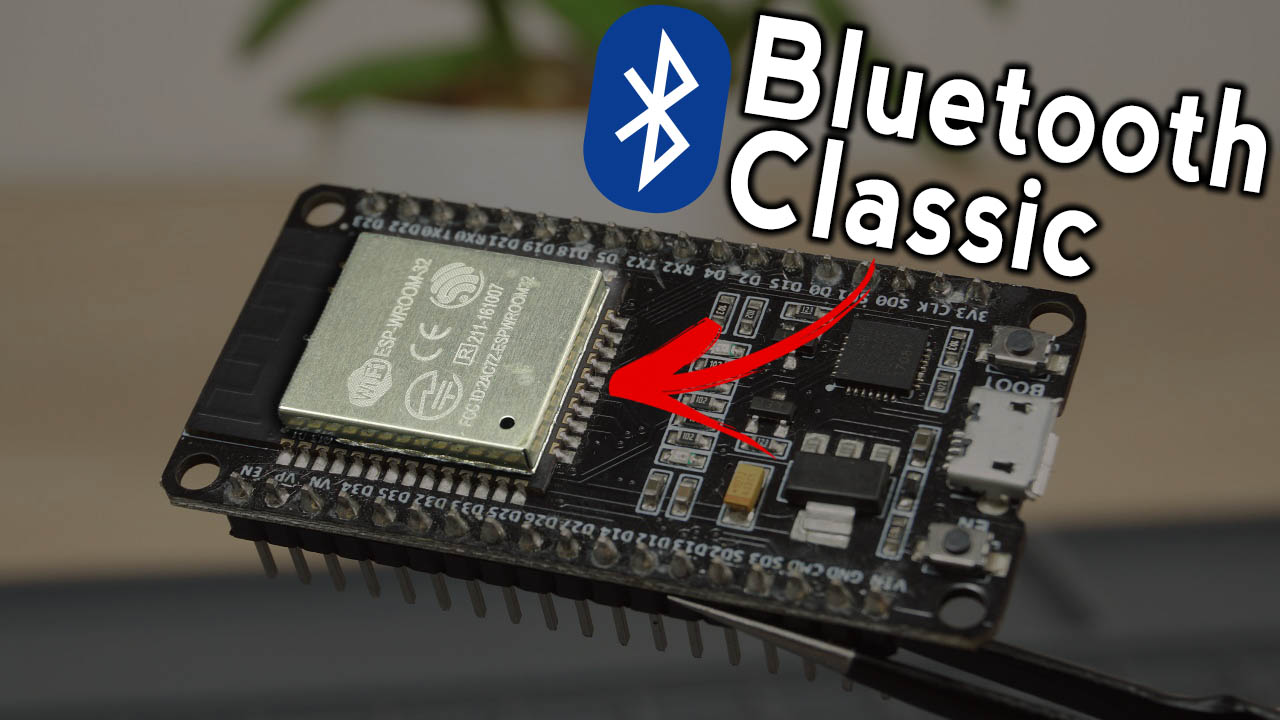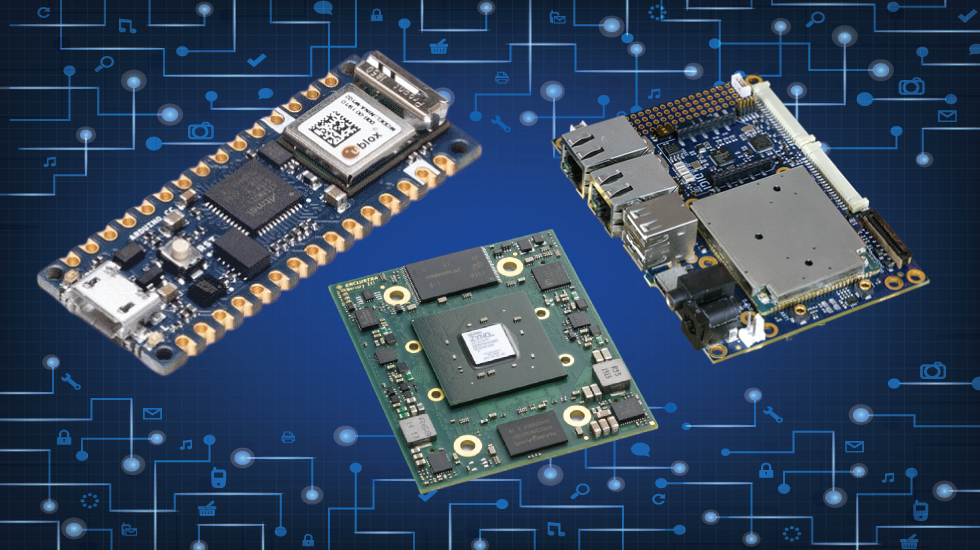Best Battery for IoT Devices?
In the rapidly advancing world of Internet of Things (IoT) devices, one of the most critical components that often goes overlooked is the battery that powers these smart machines. With IoT devices becoming more prevalent in our daily lives, whether it be smart home security systems, wearable fitness trackers, or industrial sensors, the need for reliable and long-lasting batteries has never been more important. So, what is the best battery for IoT devices?
There are several factors to consider when choosing the right battery for your IoT devices. These include the device’s power consumption, size constraints, desired lifespan, and environmental factors. Some of the most commonly used batteries in IoT devices include lithium-ion, lithium-polymer, alkaline, and rechargeable batteries.
Lithium-ion batteries are popular for their high energy density, lightweight, and long lifespan. These batteries are commonly found in smartphones, laptops, and other portable electronic devices. However, they may not be suitable for all IoT applications due to their higher cost and potential safety concerns.
Lithium-polymer batteries are similar to lithium-ion batteries but are more flexible in shape. They are often used in wearable devices and IoT applications where space is limited. While they offer similar performance to lithium-ion batteries, they are typically more expensive.
Alkaline batteries are widely available, affordable, and have a long shelf-life. They are often used in low-power IoT devices such as remote controls and wireless sensors. While they may not have the same energy density as lithium batteries, they are a cost-effective option for devices with lower power requirements.
Rechargeable batteries, such as nickel-metal hydride (NiMH) and lithium-ion, are a popular choice for IoT devices that require frequent charging. These batteries are more environmentally friendly than single-use options and can help reduce waste. However, they may not be suitable for all IoT applications due to their lower energy density and shorter lifespan.
Factors to Consider When Choosing a Battery for Your IoT Device
- Power consumption: Consider the power requirements of your IoT device and choose a battery that can provide the necessary energy for optimal performance.
- Size constraints: If your device has limited space, consider a battery that is compact and flexible in shape to fit within the device’s design.
- Lifespan: Determine how long you need your IoT device to operate on a single charge and choose a battery with the appropriate lifespan.
- Environmental factors: Consider the operating conditions of your IoT device, such as temperature and humidity, and choose a battery that can withstand these conditions.
Ultimately, the best battery for your IoT device will depend on your specific needs and constraints. It is essential to consider factors such as power consumption, size, lifespan, and environmental factors when choosing a battery for your smart device. By selecting the right battery, you can ensure optimal performance and longevity for your IoT device.
Conclusion
Choosing the best battery for your IoT device is a crucial decision that can impact the performance and longevity of your smart machine. By considering factors such as power consumption, size constraints, lifespan, and environmental factors, you can select the right battery for your specific needs. Whether you opt for a lithium-ion, lithium-polymer, alkaline, or rechargeable battery, it is essential to choose a battery that can provide the necessary energy for optimal performance. With the right battery, you can ensure that your IoT device operates efficiently and reliably.
Best Battery for IoT Devices?
In the rapidly advancing world of Internet of Things (IoT) devices, one of the most critical components that often goes overlooked is the battery that powers these smart machines. With IoT devices becoming more prevalent in our daily lives, whether it be smart home security systems, wearable fitness trackers, or industrial sensors, the need for reliable and long-lasting batteries has never been more important. So, what is the best battery for IoT devices?
There are several factors to consider when choosing the right battery for your IoT devices. These include the device’s power consumption, size constraints, desired lifespan, and environmental factors. Some of the most commonly used batteries in IoT devices include lithium-ion, lithium-polymer, alkaline, and rechargeable batteries.
Lithium-ion batteries are popular for their high energy density, lightweight, and long lifespan. These batteries are commonly found in smartphones, laptops, and other portable electronic devices. However, they may not be suitable for all IoT applications due to their higher cost and potential safety concerns.
Lithium-polymer batteries are similar to lithium-ion batteries but are more flexible in shape. They are often used in wearable devices and IoT applications where space is limited. While they offer similar performance to lithium-ion batteries, they are typically more expensive.
Alkaline batteries are widely available, affordable, and have a long shelf-life. They are often used in low-power IoT devices such as remote controls and wireless sensors. While they may not have the same energy density as lithium batteries, they are a cost-effective option for devices with lower power requirements.
Rechargeable batteries, such as nickel-metal hydride (NiMH) and lithium-ion, are a popular choice for IoT devices that require frequent charging. These batteries are more environmentally friendly than single-use options and can help reduce waste. However, they may not be suitable for all IoT applications due to their lower energy density and shorter lifespan.
Factors to Consider When Choosing a Battery for Your IoT Device
- Power consumption: Consider the power requirements of your IoT device and choose a battery that can provide the necessary energy for optimal performance.
- Size constraints: If your device has limited space, consider a battery that is compact and flexible in shape to fit within the device’s design.
- Lifespan: Determine how long you need your IoT device to operate on a single charge and choose a battery with the appropriate lifespan.
- Environmental factors: Consider the operating conditions of your IoT device, such as temperature and humidity, and choose a battery that can withstand these conditions.
Ultimately, the best battery for your IoT device will depend on your specific needs and constraints. It is essential to consider factors such as power consumption, size, lifespan, and environmental factors when choosing a battery for your smart device. By selecting the right battery, you can ensure optimal performance and longevity for your IoT device.
Conclusion
Choosing the best battery for your IoT device is a crucial decision that can impact the performance and longevity of your smart machine. By considering factors such as power consumption, size constraints, lifespan, and environmental factors, you can select the right battery for your specific needs. Whether you opt for a lithium-ion, lithium-polymer, alkaline, or rechargeable battery, it is essential to choose a battery that can provide the necessary energy for optimal performance. With the right battery, you can ensure that your IoT device operates efficiently and reliably.



